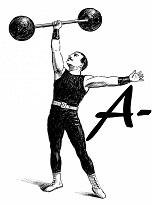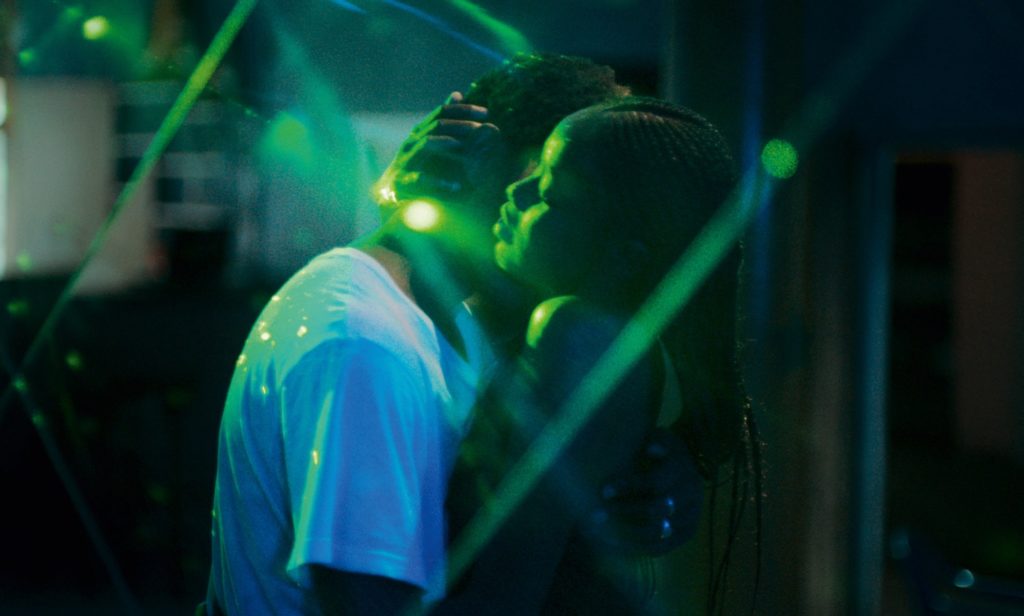Mati Diop’s feature directorial debut stuns with its mesmerising visuals and striking social commentary. “Atlantics” (2019) is a romantic fantasy that is grounded by the ills of reality—a would-be fairytale that is corrupted at the hands of social class and the forces of migration.
In the Senegalese city of Dakar, construction worker Souleiman (Ibrahima Traoré) and his colleagues are mistreated and exploited. Their affluent boss Ndiaye (Diankou Sembene) cuts the cost of building his exorbitant futuristic tower by shirking on the payment of these workers. Ndiaye remains willfully ignorant to their desperate plight and isn’t present to hear their grievances in person. Even his middle man on the site chooses not to address the workers as individual human beings, electing instead to address Souleiman as the face of their monolith. These conditions force the workers to take to the sea, leaving Dakar for Spain, in search of worthwhile work for the sake of their survival. Unfortunately, this means the separation of Souleiman from his lover Ada (Mame Bineta Sane).
Further obstructing their love story is Ada’s betrothal to the wealthy Omar (Babacar Sylla). Omar lives a decadent life and has it all—an extravagant home, an expensive phone and a flashy car, but still can’t win over Ada’s affections (not that he seems to particularly care for her). Even against the council of her peers, Ada cannot bring herself to choose class ascension at the cost of her love for Souleiman. What follows is a series of mysterious events, including an arson attack in Omar’s bedroom and the inexplicable emergence of a bizarre illness. It all blends into a unique gem of a film, that offers haunting atmosphere and evocative style.
From the start, the looming moon over the endless tide is an image that recurs, and it captures both the mood and pace that fills “Atlantics.” The waves are soothing though, the ocean stretches so vastly that it’s daunting. All the while, the eerie moon connotes something supernatural. These shots give off an aura that are both serene and sullen, like the intersection between dream and nightmare. The sound of the water never seems to cease, still audible in the background for many of the scenes. The Atlantic Ocean becomes almost a conscious entity of its own, who’s foreboding presence is felt throughout.

Another powerful presence in “Atlantics” is Mame Bineta Sane, who excels as Ada. Understated and pensive, Sane gives the character a powerful intensity and pulls off a coming of age arc that manages to stay at the forefront, even amongst the more otherworldly elements of the film. Ada goes from being young and lovestruck, to being shackled by the expectations of those around her and finally to standing on her own. Diop uses the character to build a grounded and relatable core whilst impressively weaving fantasy into reality in a way that enhances both elements. Not only is the use of fantasy inventive but it also feels like it naturally belongs in Ada’s story.
“Atlantics” glides leisurely across a lane of its own and although it is slow, it is never stagnant. The gradual build of each of the subplots is tantalising, keeping the audience guessing just how they will fit with one another. Yet, by the end, certain threads of the story still feel slightly underdeveloped, not being fully fleshed out before they are tied together. Some of the resolutions feel anticlimactic, especially given the grand premise of the story; but it is Diop’s restraint regarding the plot that is also key to what the film does nail—centralising the internal journey of its protagonist and effectively delivering its overarching messages.
Part dreamy romance, part coming of age story, “Atlantics” is a haunting tale of injustice and unfulfilled love. Mati Diop’s creative flair crafts a one of a kind film that takes bold risks and does so with confidence. Whatever Diop has in store next cannot come soon enough.


